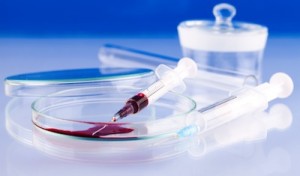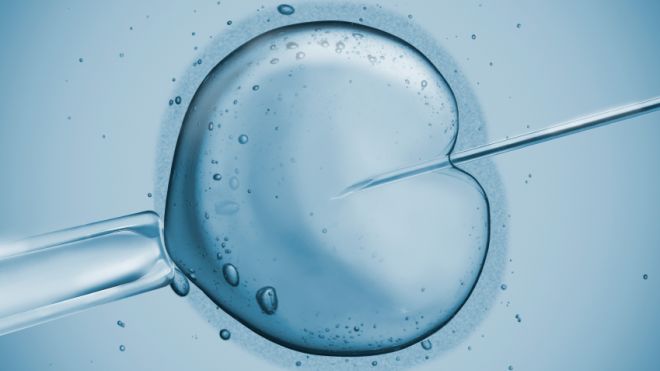Asthma is more common among children born after infertility treatment than among children who have been planned and conceived naturally, according to findings from the UK Millennium Cohort Study published online today (Thursday) in Europe’s leading reproductive medicine journal Human Reproduction [1].
The study found that at the age of five, children born to sub-fertile parents – those who had either had to wait longer than a year before managing to conceive or who conceived via some form of assisted reproduction technology (ART) – were significantly more likely to experience asthma, wheezing and to be taking anti-asthmatic medication. The association was driven mainly by children born after in vitro fertilisation (IVF) or intracytoplasmic sperm injection (ICSI); these children were two to four times more likely to have asthma, wheezing or be taking anti-asthmatics.
However, the researchers, based at the universities of Oxford and Essex (UK), say that their findings should not worry parents of ART children. Dr Claire Carson, a researcher at the National Perinatal Epidemiology Unit at the University of Oxford (UK), said: “Although the children born after ART were more likely to be diagnosed and treated for asthma than other children, it is important to remember that in absolute terms the difference is quite small. Fifteen percent of the children in our study had asthma at the age of five. Although this figure was higher, 24%, in the IVF children, it isn’t much higher than the one in five risk for all children in the UK.”
She added: “Although we found an association, we cannot tell at this time if it is causal. Further research is needed to establish what might be causing the association and the underlying mechanism involved. It is also important to remember that for most children, asthma is a manageable condition and shouldn’t prevent children from living a full and active life.” Read full article.

